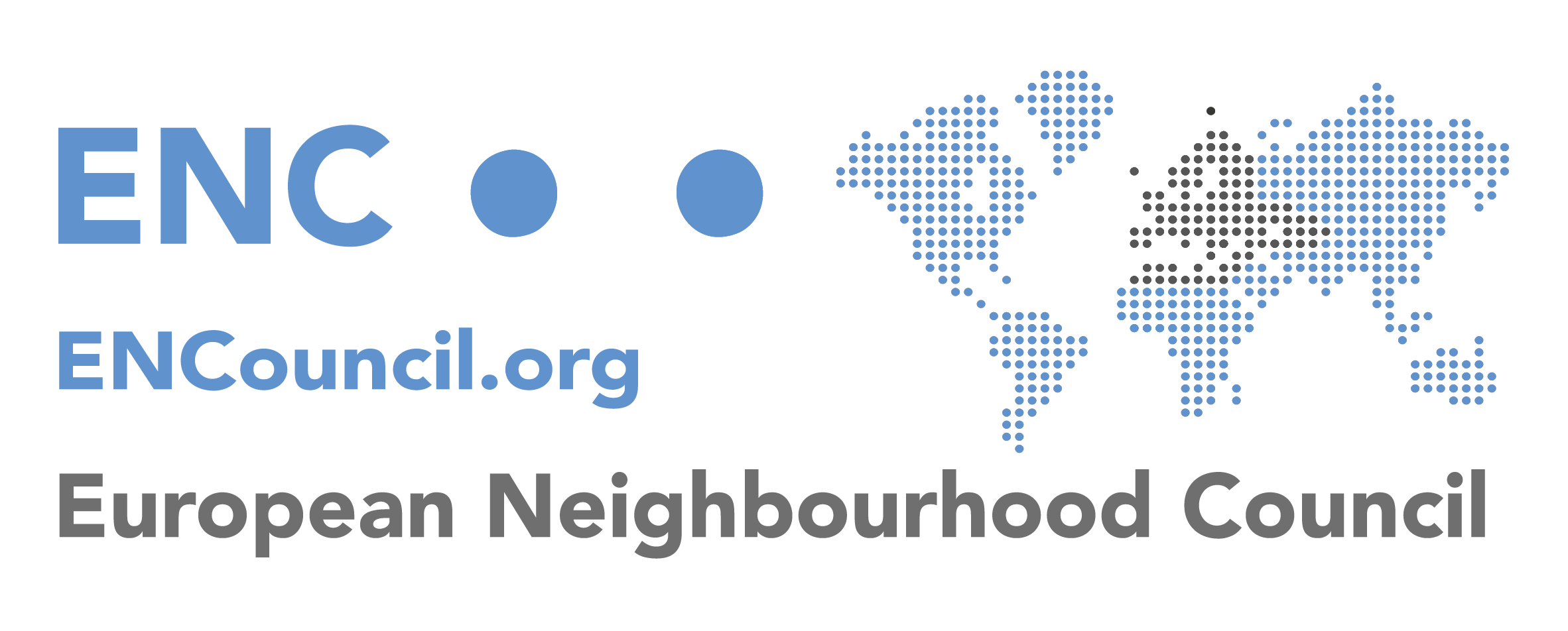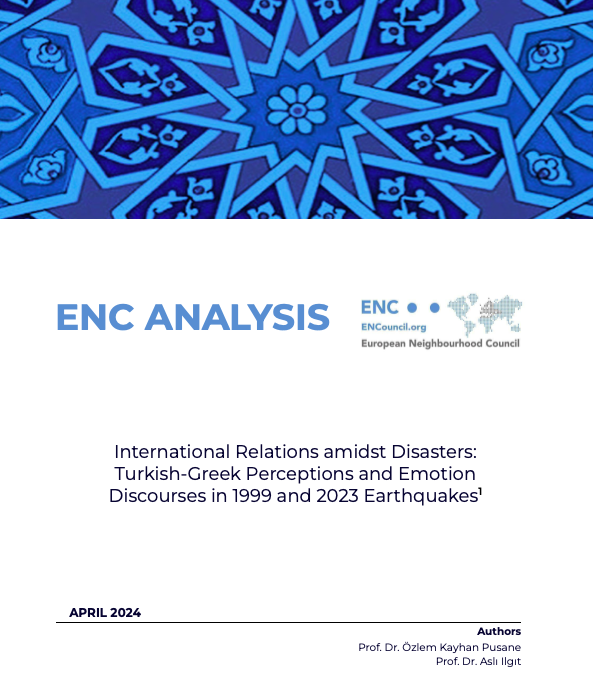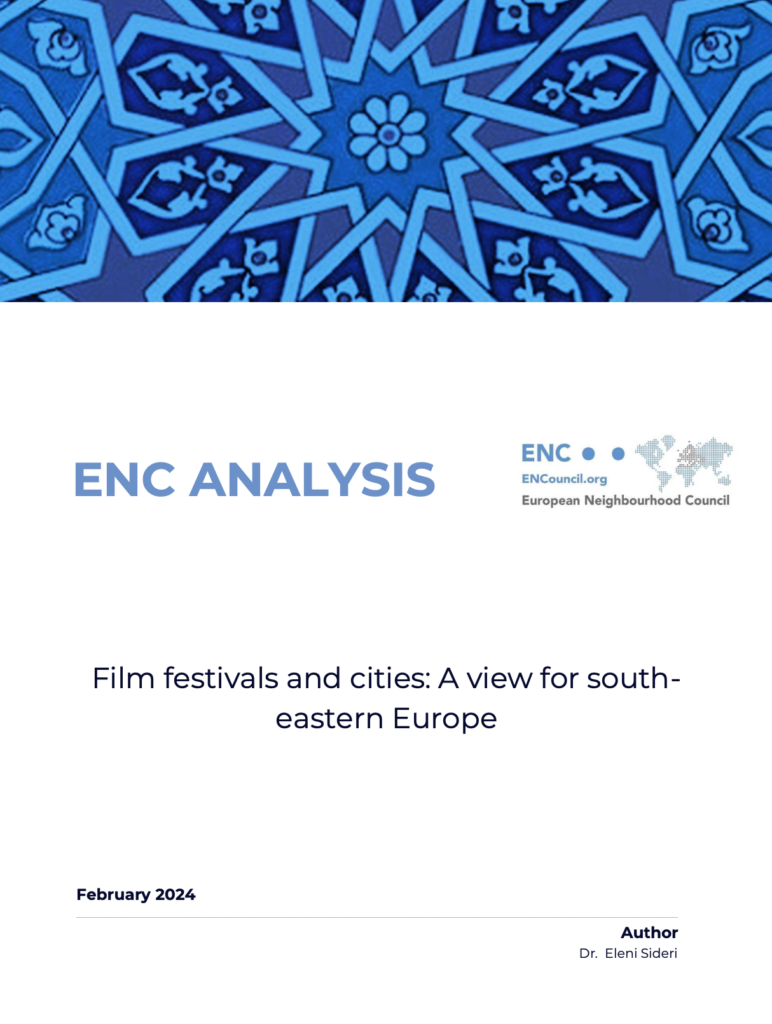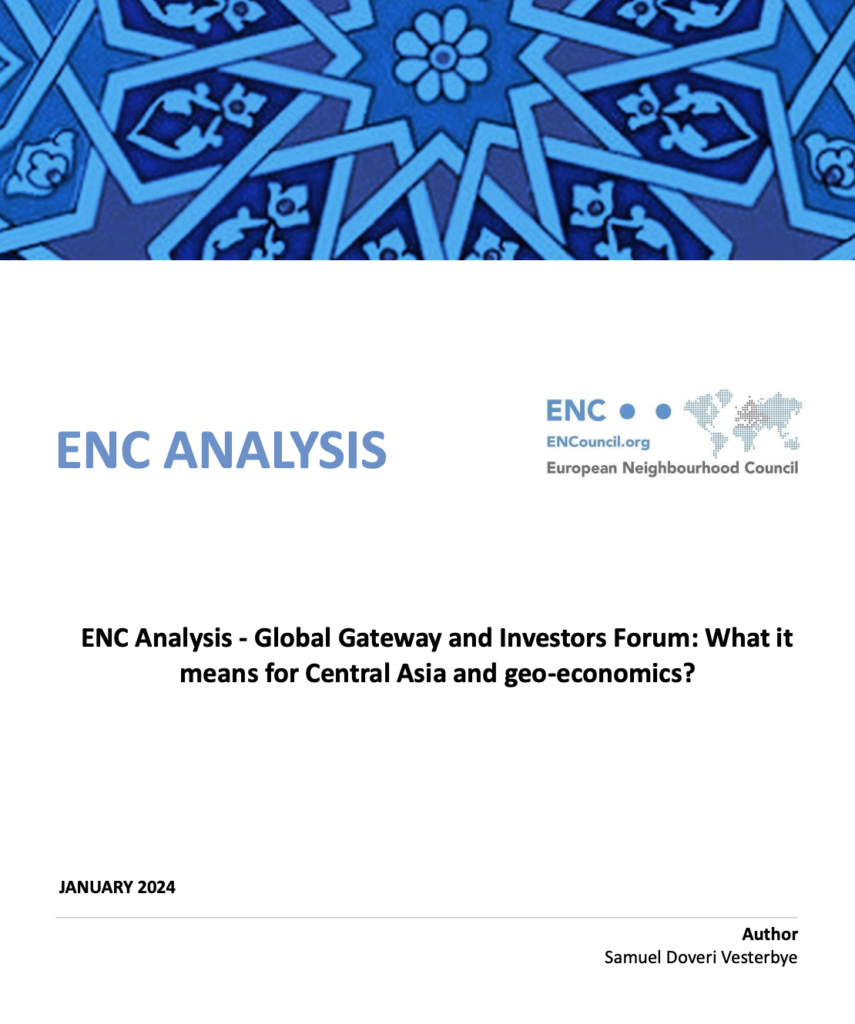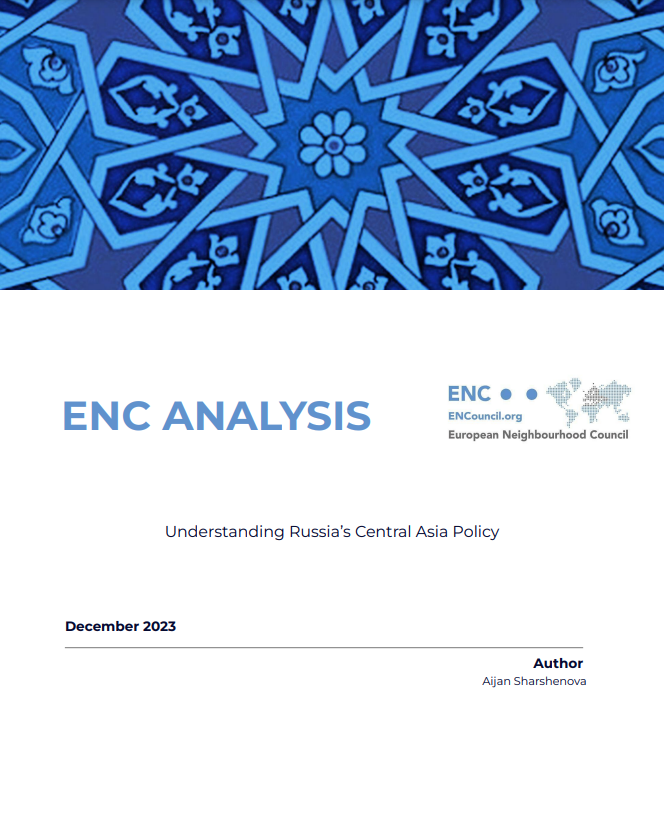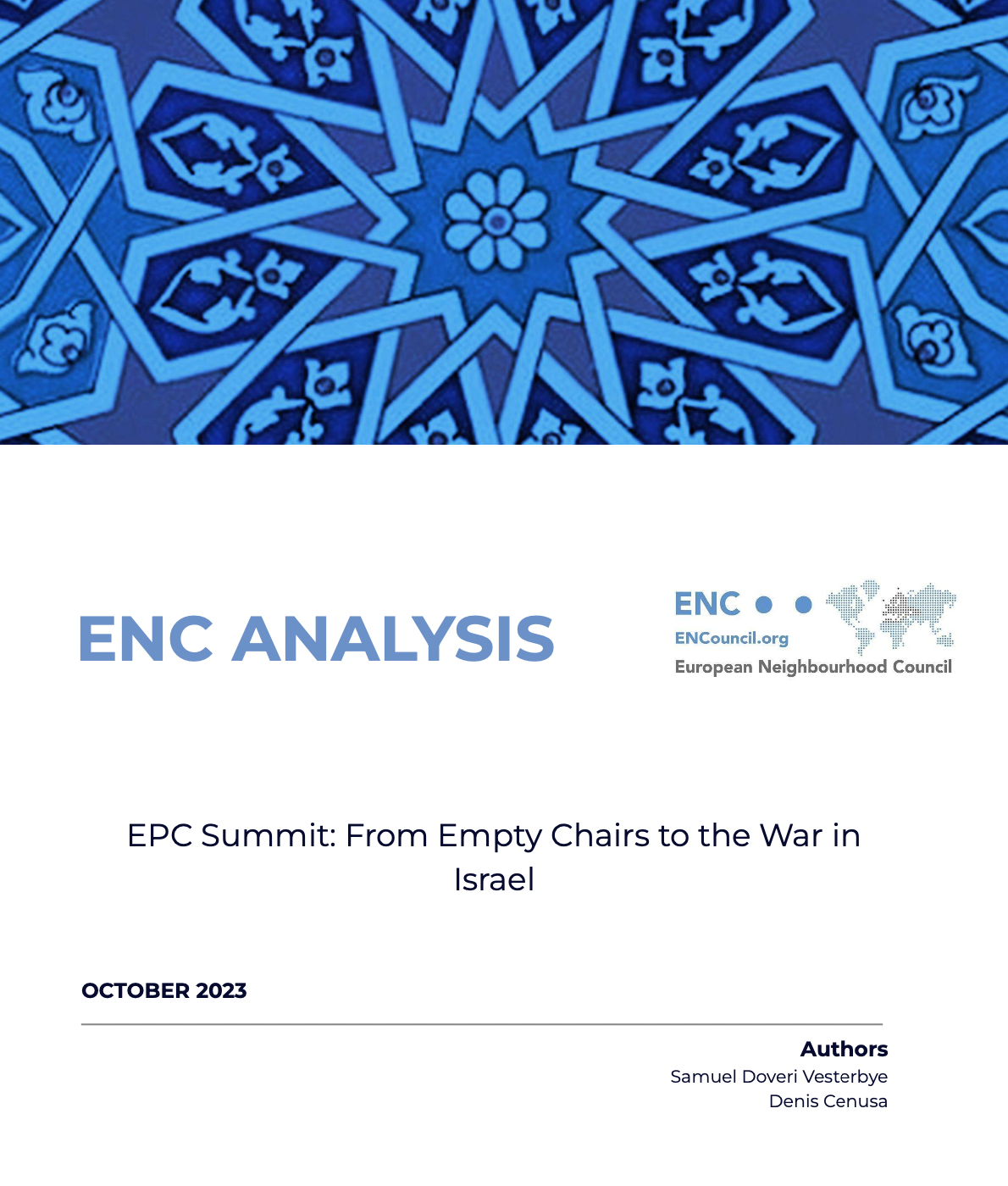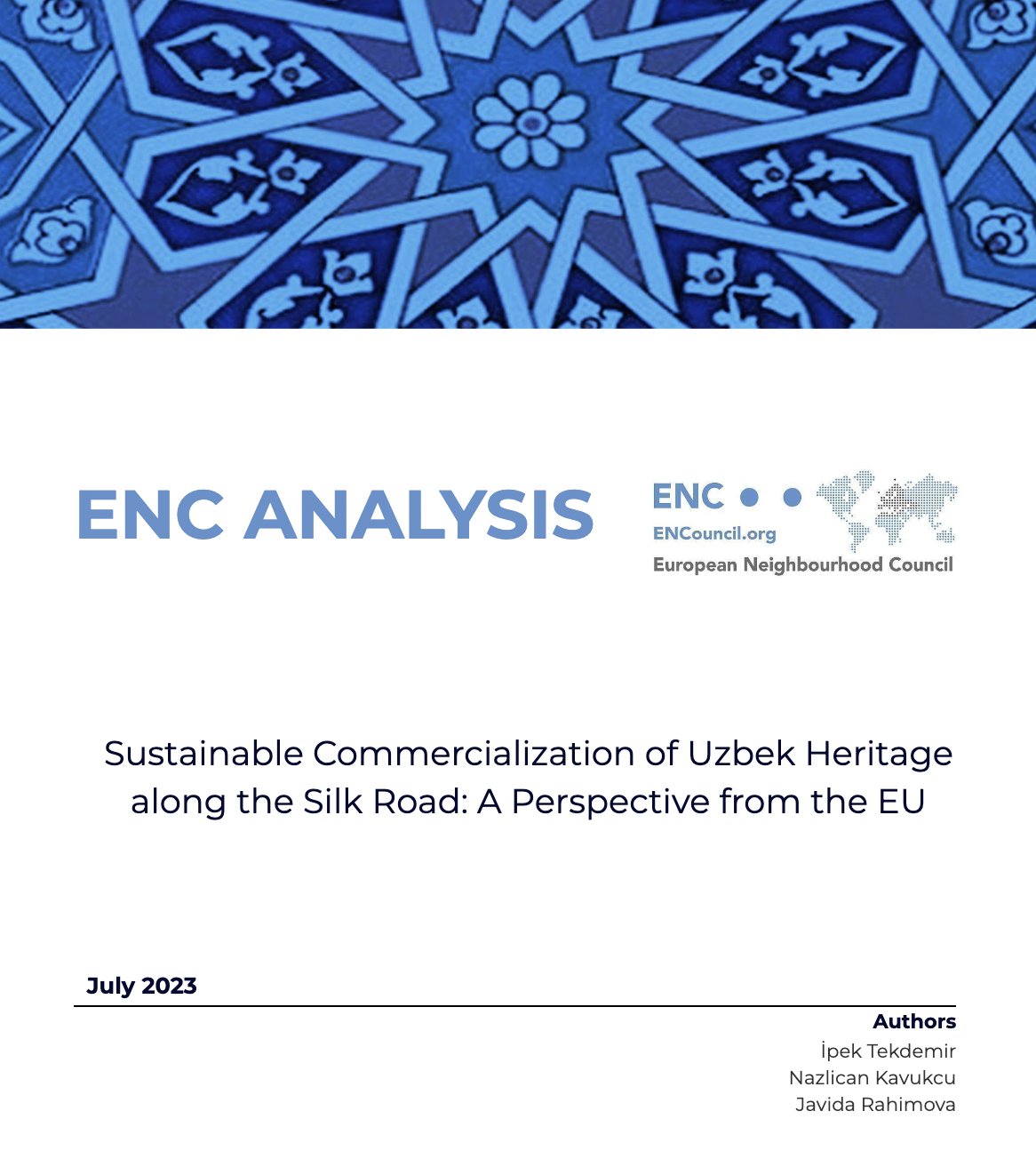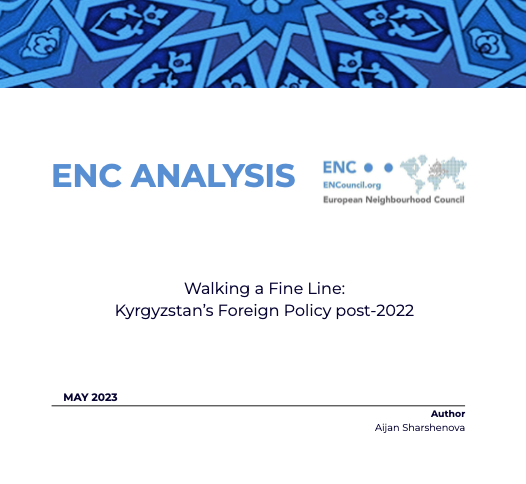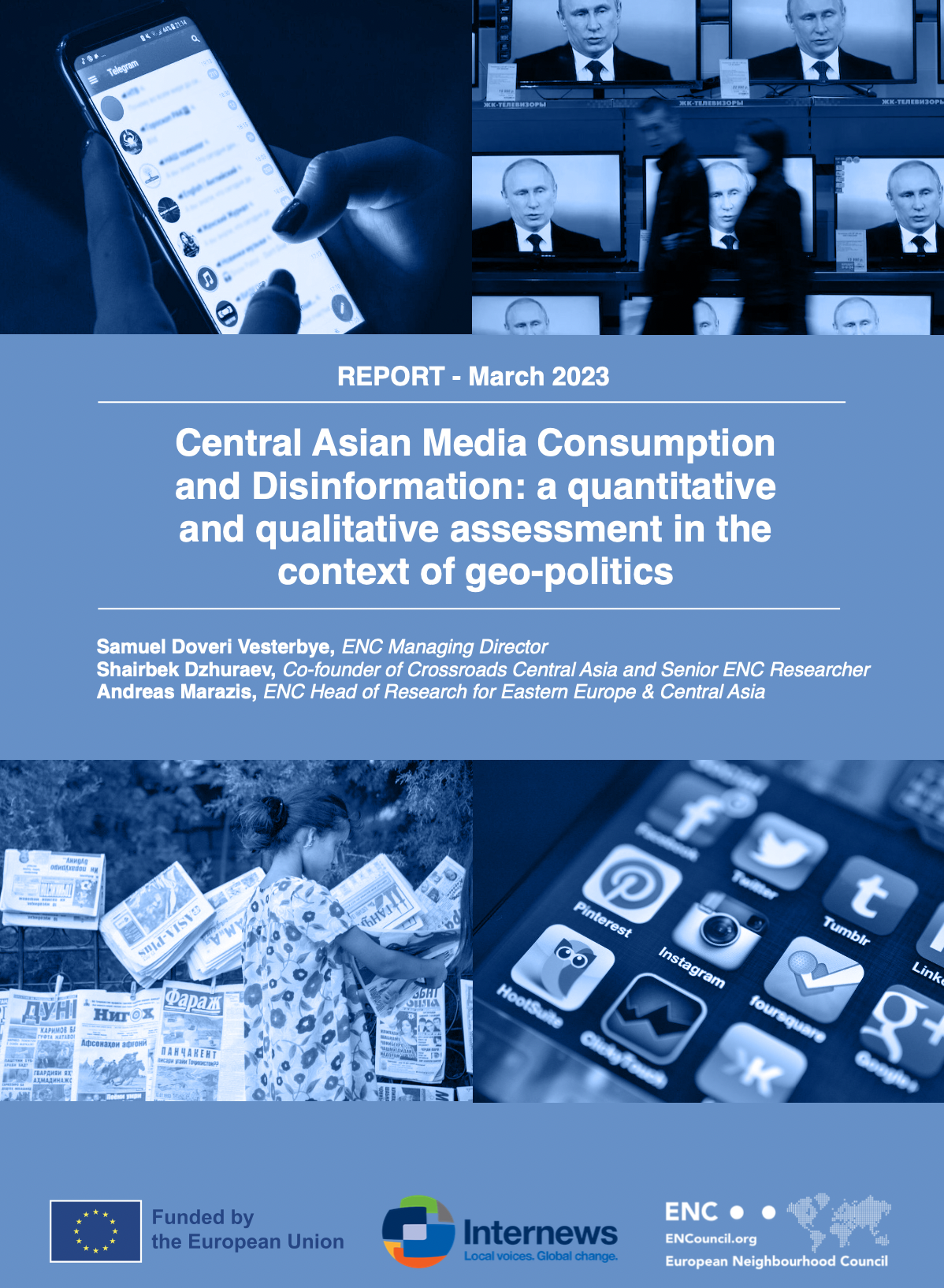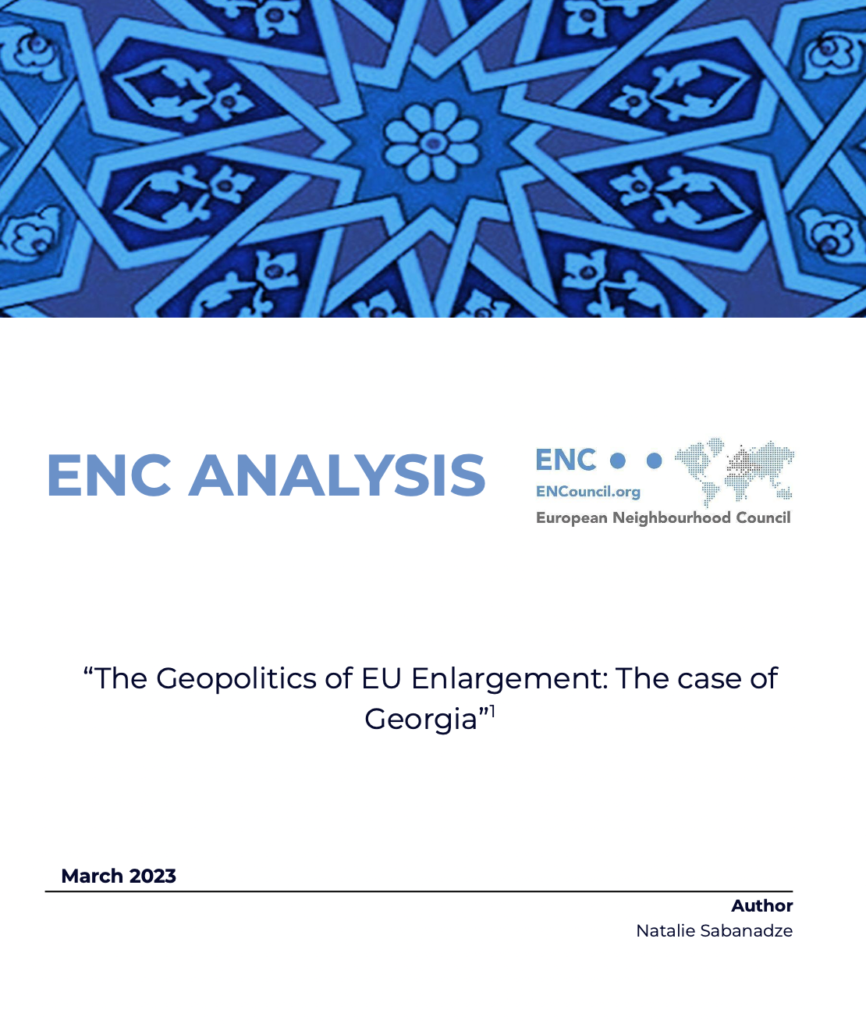
EU Counter-Terrorism Efforts & MENA Violent Extremism: Did the EU Help MENA Countries Enhance their Security?
The European Neighborhood Council (ENC) released its new analysis on “EU Counter-Terrorism Efforts & MENA Violent Extremism: Did the EU Help MENA Countries Enhance their Security?”
The article is written by Dr. Ebtisam Hussein, ENC Academic Council Member and Associate Professor of Political Science at Cairo University.
In recent years, there has been a significant transformation in the landscape of terrorism within the Middle East and North Africa (MENA) region. Once known for being a focal point of militant Islamist groups and their activities, the region is now witnessing a decline in terrorism incidents. One contributing factor to this decline is the proactive approach taken by the European Union to counter terrorism in the region. In this ENC Analysis, Dr. Hussein elaborates on how the EU has effectively contributed to inhibiting militant Islamist activities by implementing measures that make it more challenging for militants to exploit the internet, while also initiating collaborative projects aimed at coordinating efforts with MENA countries to combat violent extremism effectively.
The full paper is available here.

